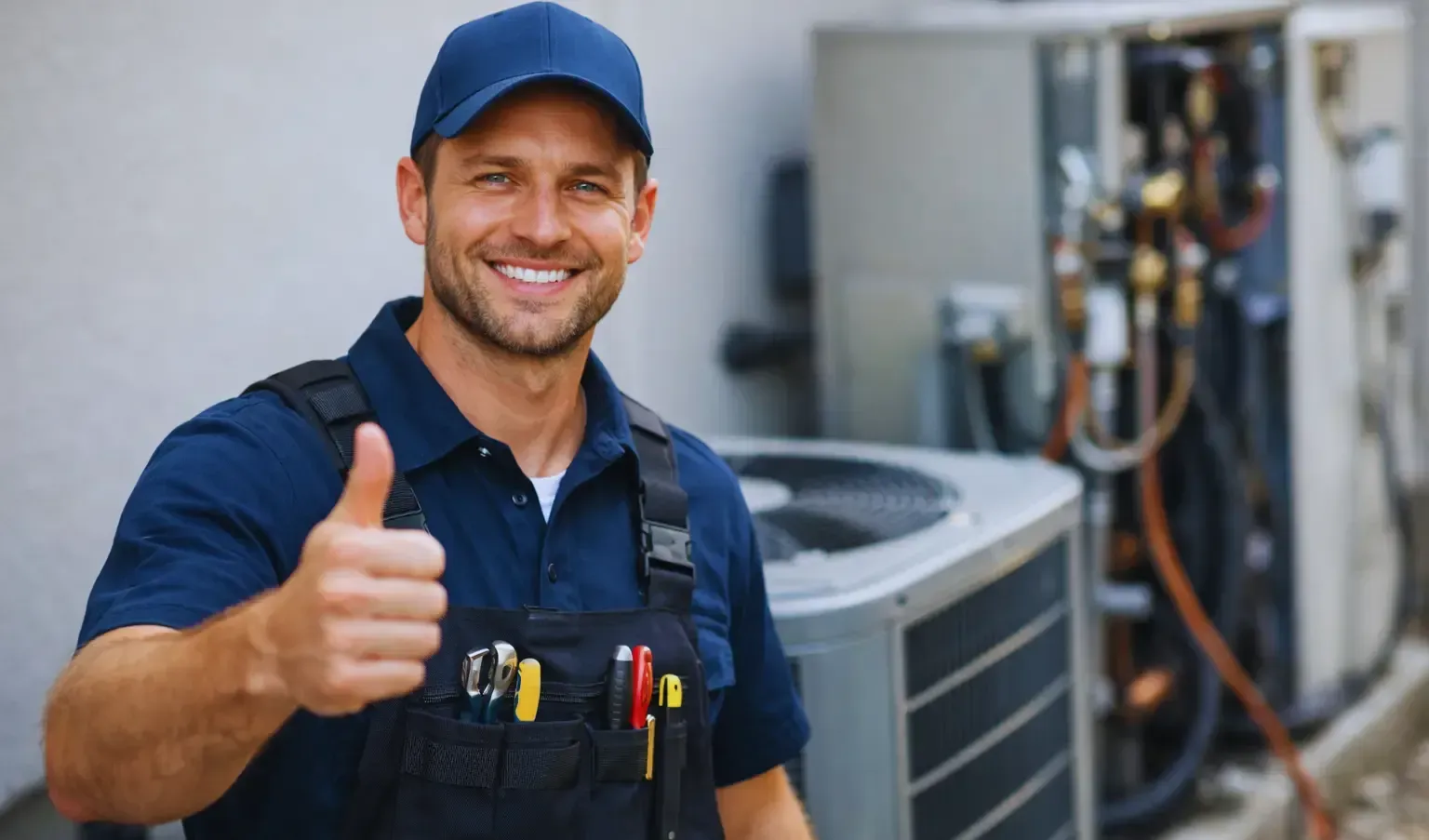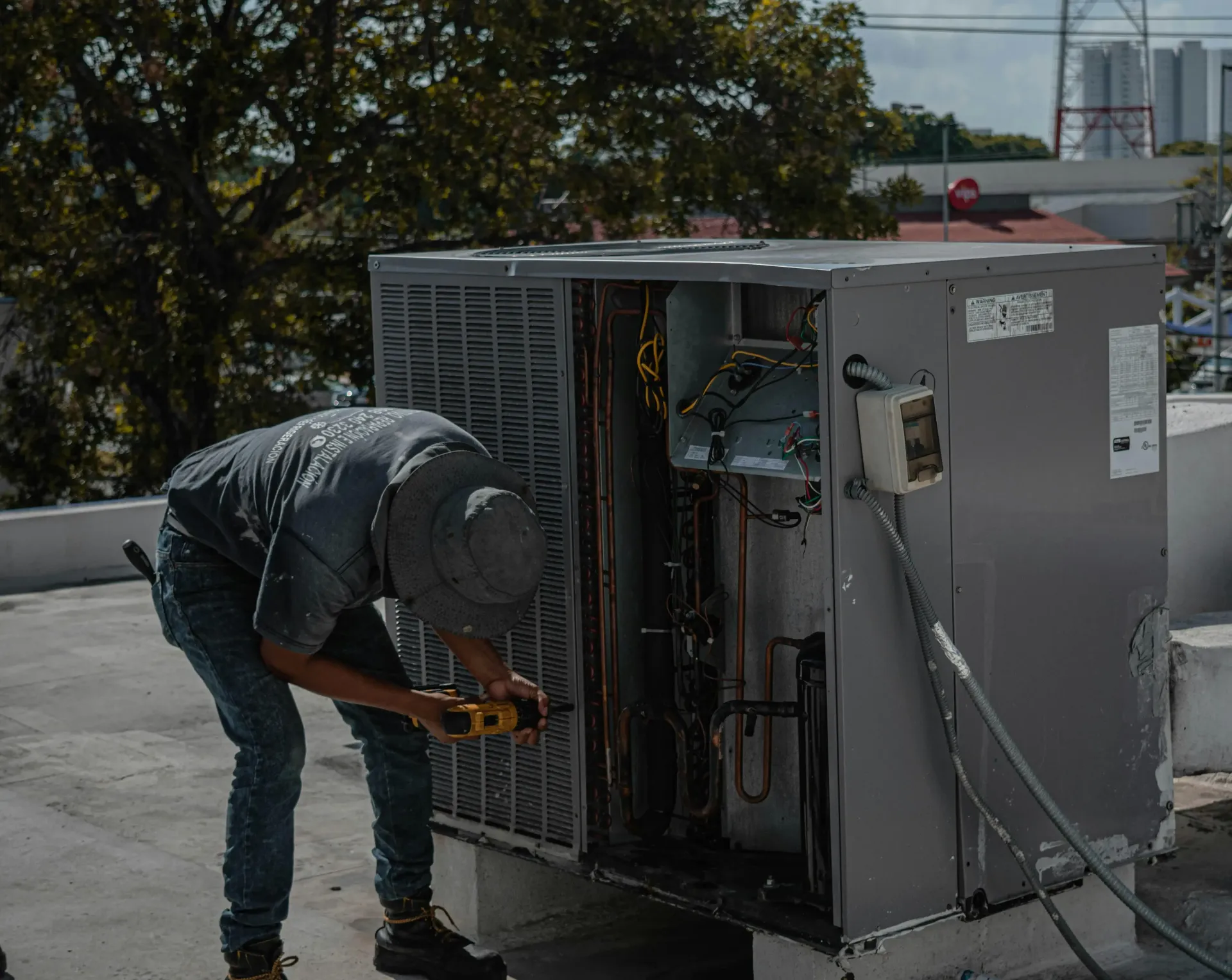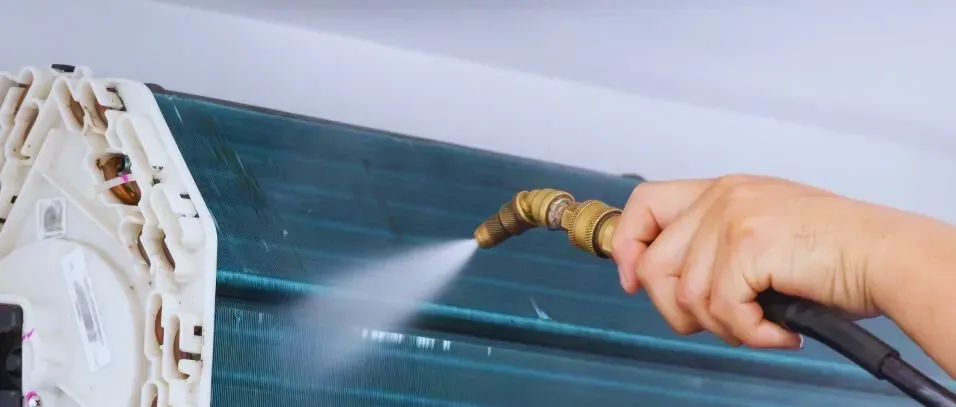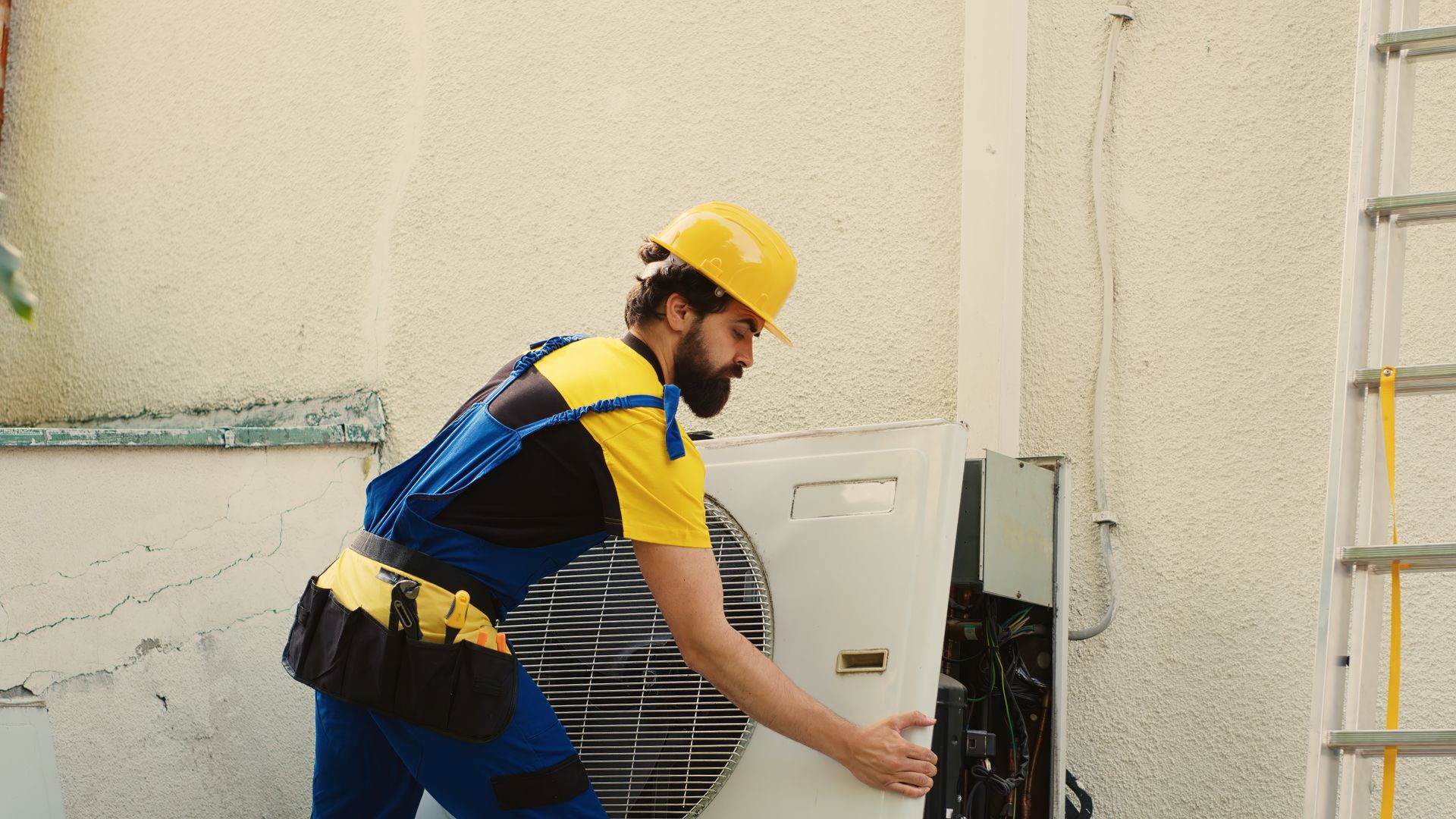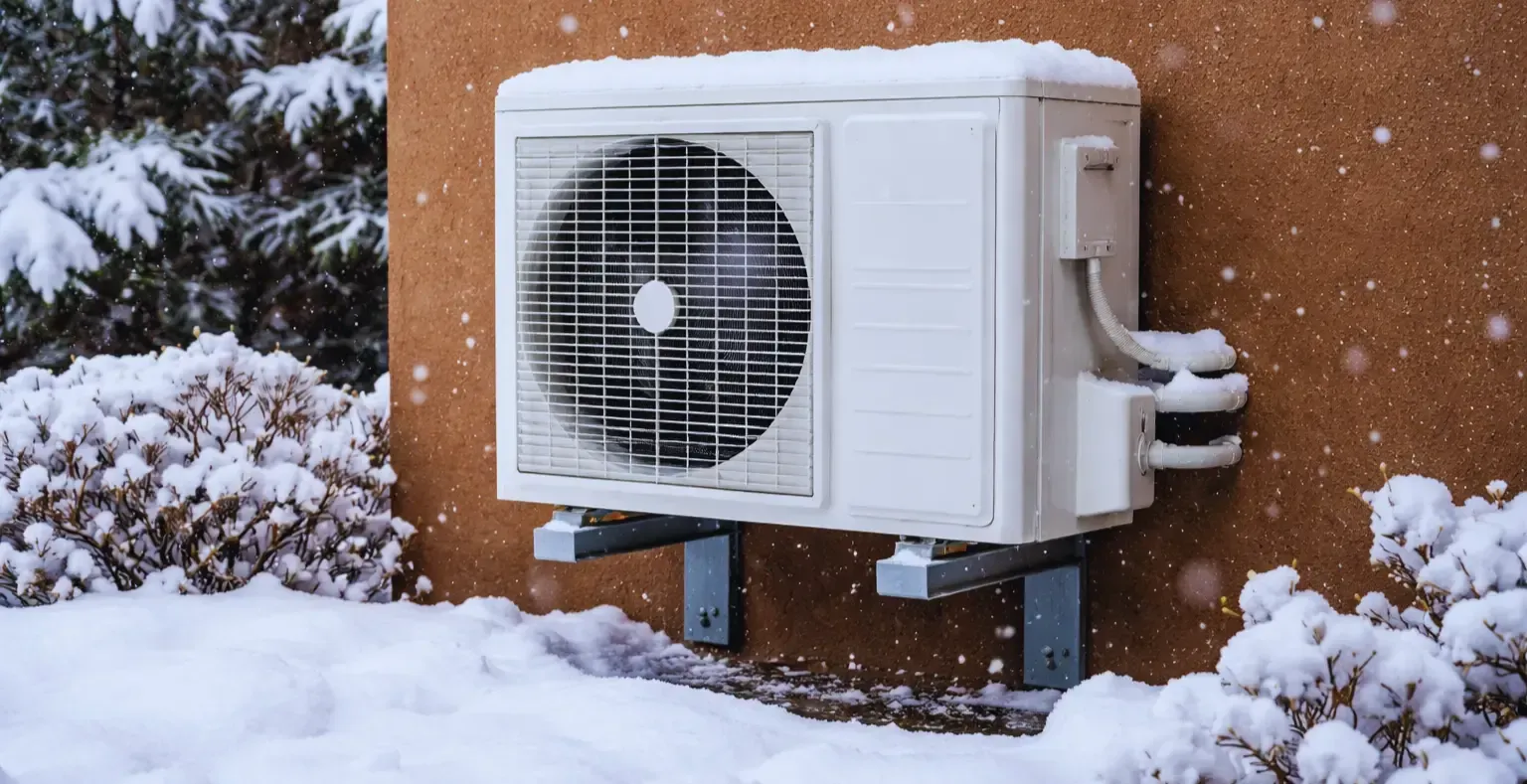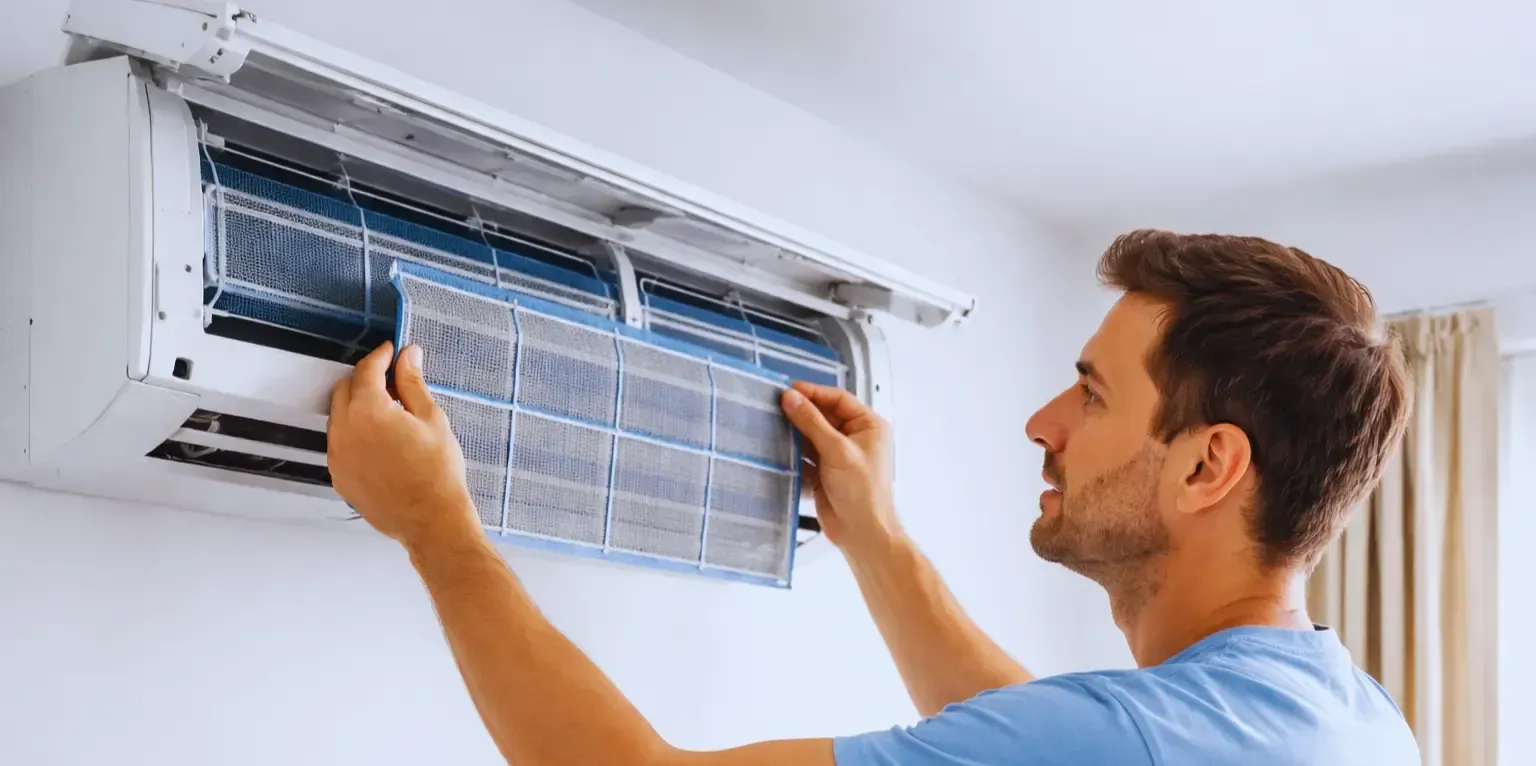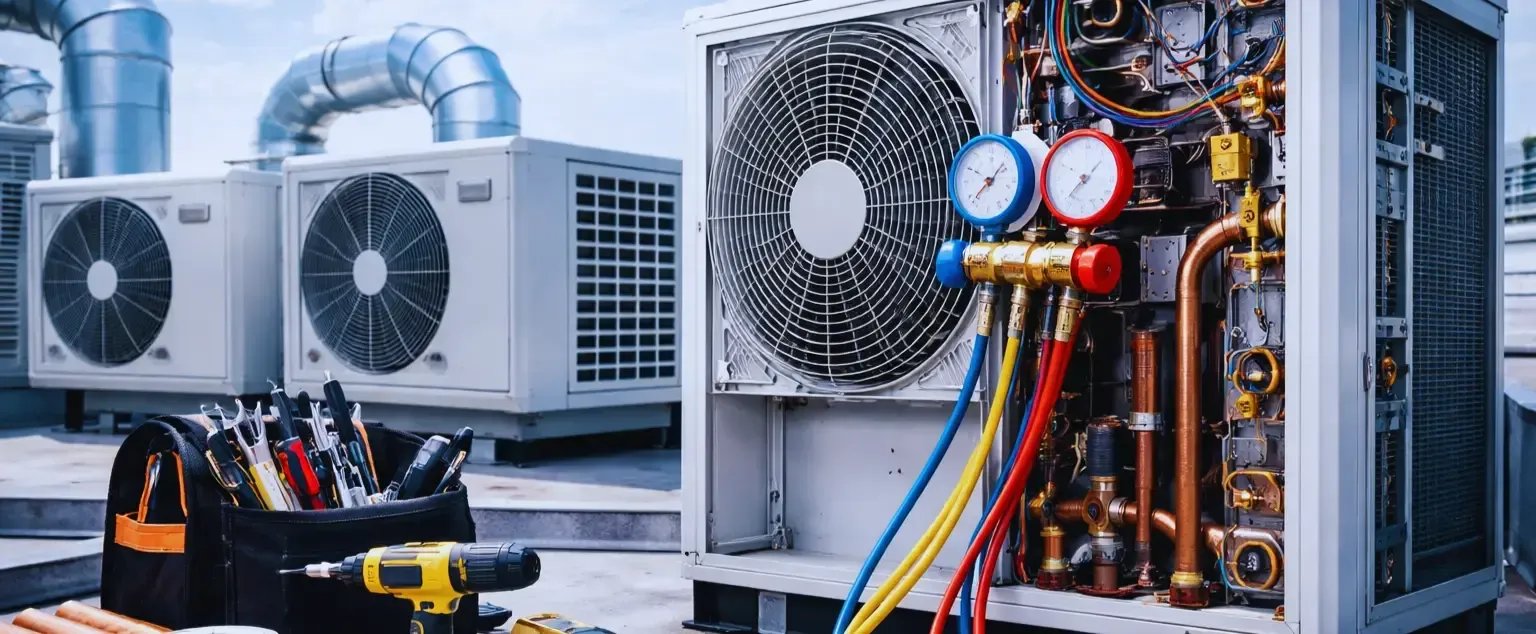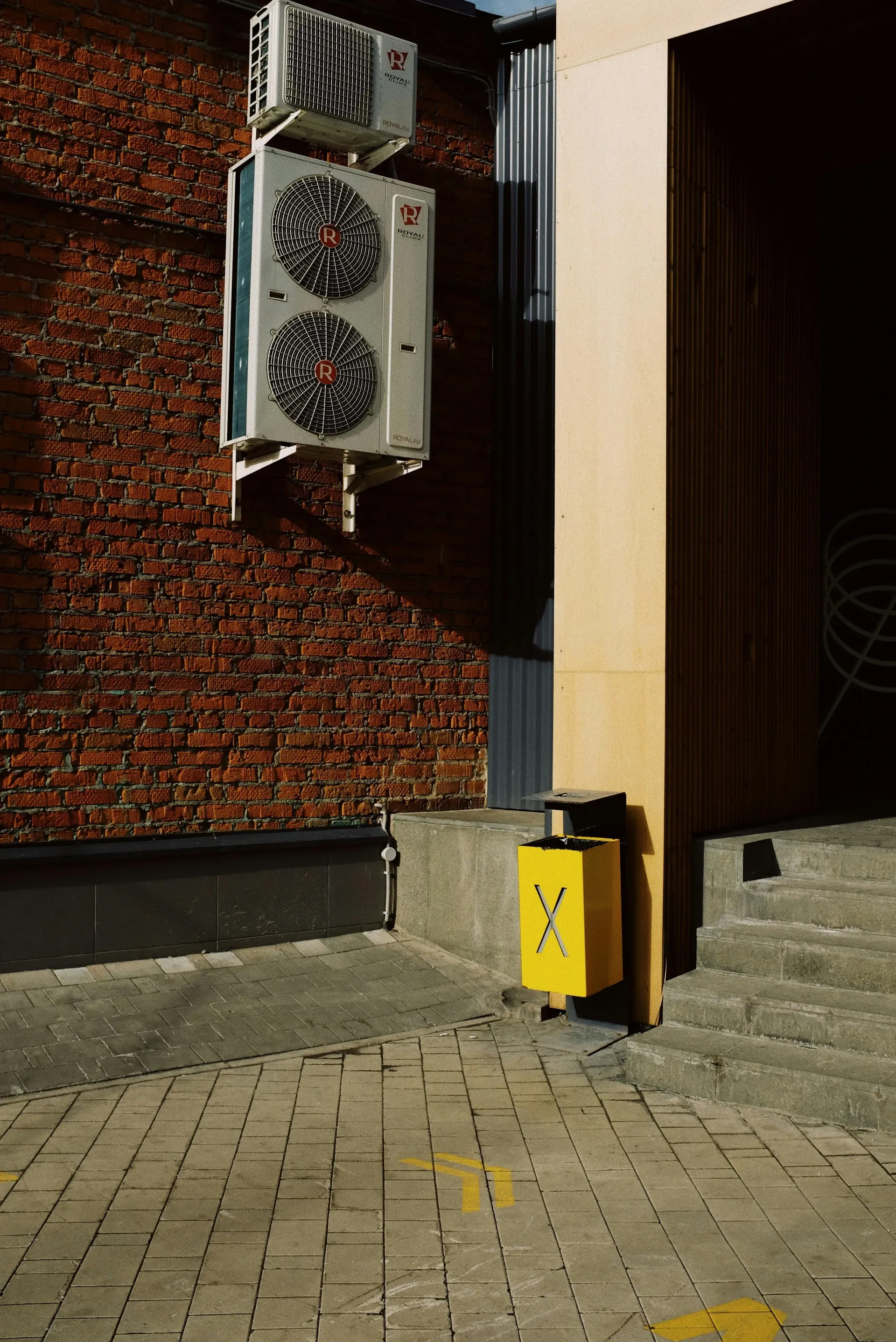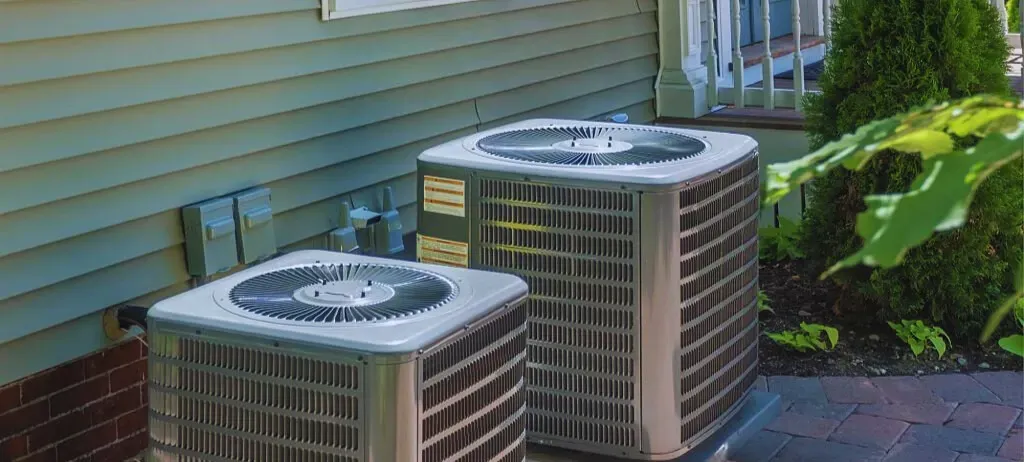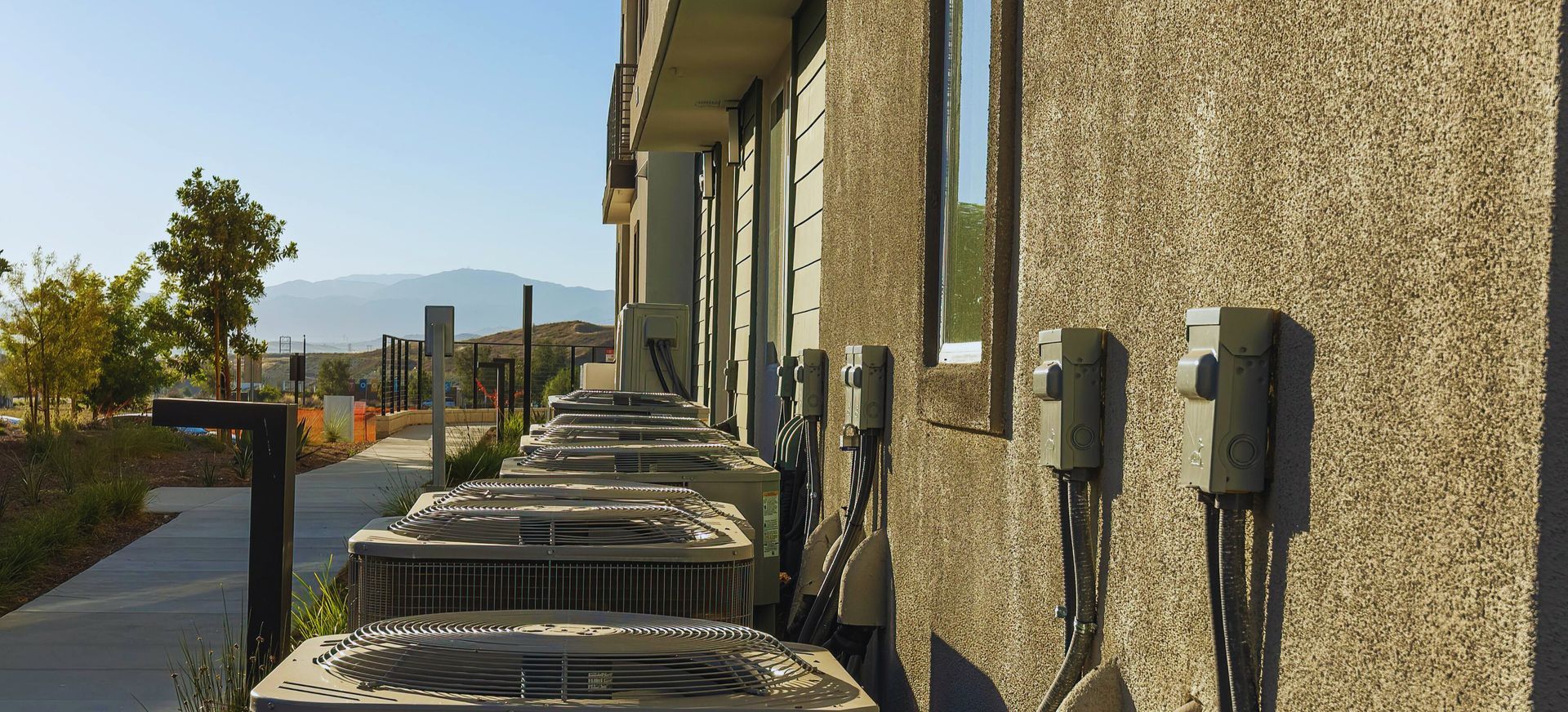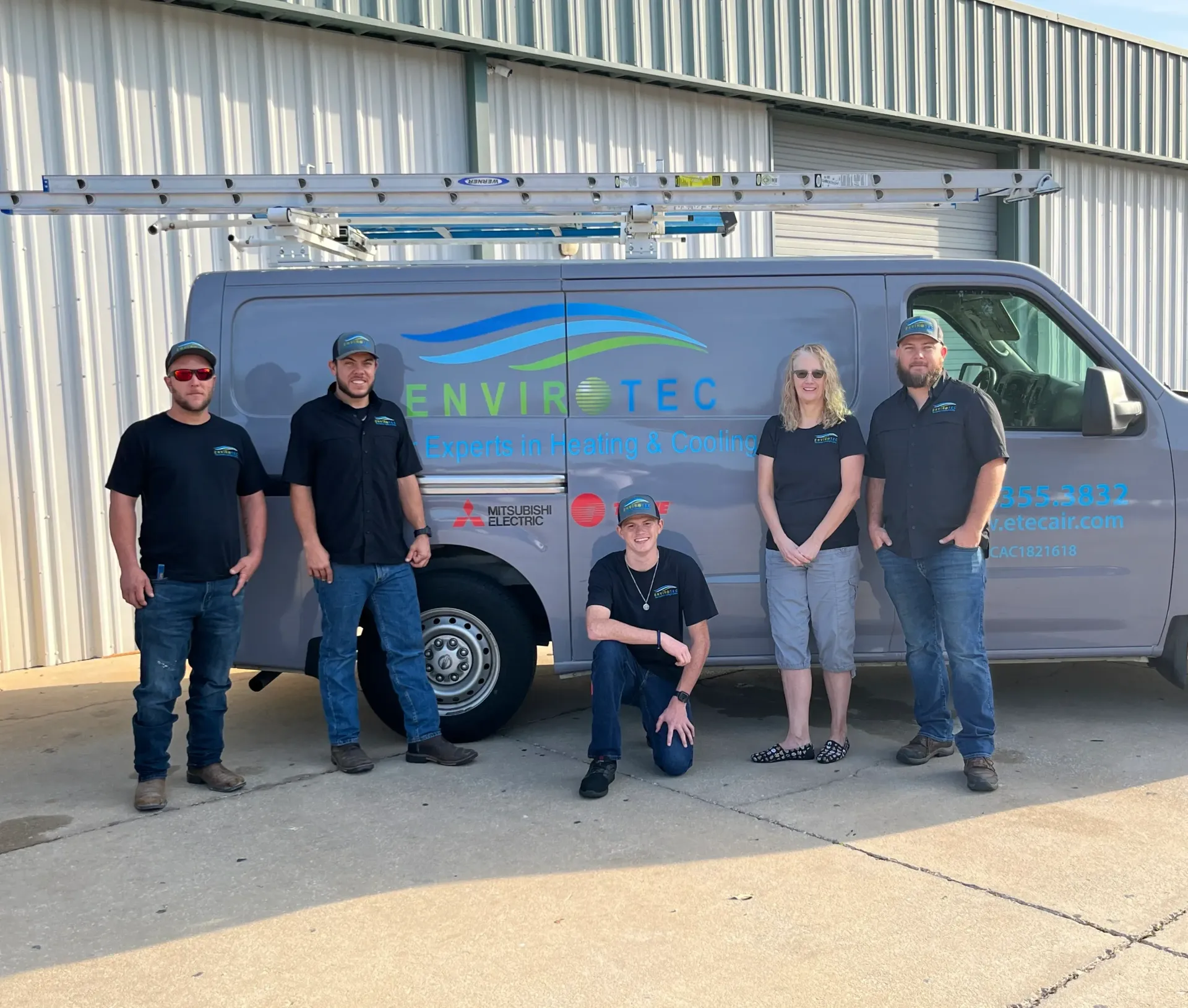Solve Your Mitsubishi Mini-Split Headaches: A Bradenton Homeowner's Guide to Head Unit Problems
It was one of those scorching Bradenton afternoons when my Mitsubishi mini-split decided to give up. With temperatures soaring past 90°F and humidity making everything sticky, I learned the hard way about the importance of understanding HVAC systems. Today, I'm sharing my experience to help you avoid the same sweaty situation.
My Mini-Split Nightmare in Bradenton's Heat
When My System First Started Acting Up
I remember the first signs - subtle changes in airflow and strange noises that I brushed off as "normal." Looking back, these were clear warnings that my mini-split system needed attention.
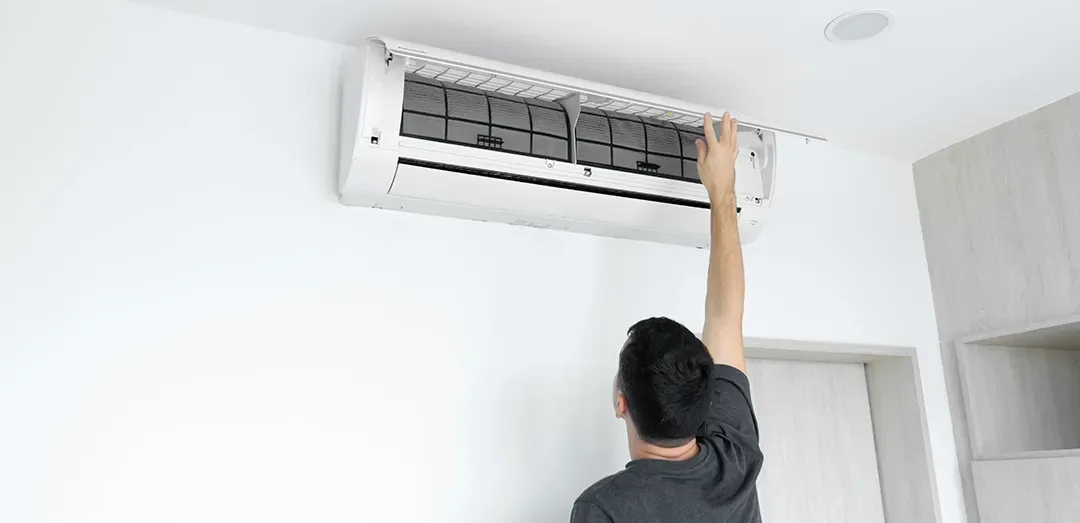
The Wake-Up Call During Hurricane Season
When tropical storm warnings hit Bradenton, my failing system became more than just an inconvenience. That's when I started my journey to understand these units better, leading me to work with local HVAC experts who taught me what I'm about to share with you.
Common Mitsubishi Head Unit Problems
Understanding Your Mini-Split System
How Head Units Work
Let's break down the basics:
- Monitors room temperature
- Controls airflow
- Manages humidity
- Communicates with outdoor unit
Signs of Trouble
Watch out for:
- Unusual noises
- Weak airflow
- Inconsistent temperatures
- Water leaks
- Strange odors
Most Frequent Issues in Florida's Climate
| Problem | Common Cause | Impact Level |
|---|---|---|
| Water Leaks | High Humidity | Moderate |
| Frozen Coils | Poor Maintenance | Severe |
| Sensor Issues | Heat Exposure | Moderate |
| Fan Problems | Debris/Wear | High |
| Communication Errors | Power Surges | Severe |
Diagnosing Head Unit Problems
Error Code Interpretation
"Understanding your unit's error codes is like learning its language. It's telling you exactly what's wrong - you just need to know how to listen." - Bradenton HVAC Technician
Common Mitsubishi error codes:
- E1: Communication error
- E2: Sensor malfunction
- E3: Indoor unit problems
- E4: Outdoor unit issues
- E5: Current feedback errors
Unusual Sounds and Their Meanings
| Sound Type | Possible Cause | Urgency Level |
|---|---|---|
| Clicking | Normal Operation | Low |
| Buzzing | Loose Parts | Medium |
| Grinding | Fan Issues | High |
| Whistling | Air Leaks | Medium |
| Rattling | Debris/Damage | High |
Performance Issues
Cooling Problems
Common cooling issues in Bradenton:
- Insufficient cooling
- Uneven temperature
- Short cycling
- Slow response
- Excessive energy use
Heating Problems
Even in Florida, heating matters:
- Weak heat output
- Cold spots
- Delayed heating
- System freezing
- Electrical issues
DIY Troubleshooting Steps
Safety First Approach
Before any DIY work:
- Turn off power
- Check for visible damage
- Document the problem
- Gather proper tools
- Know your limits
Basic Maintenance Checks
Monthly checklist:
- Clean filters
- Check drain lines
- Inspect for leaks
- Listen for noises
- Monitor performance
When to Call Professionals
Contact certified technicians when you notice:
- Electrical issues
- Refrigerant problems
- Major water leaks
- Complete system failure
- Persistent error codes
Professional Repair Solutions
Choosing a Qualified Technician
Look for:
- Factory certification
- Local experience
- Good reviews
- Fair pricing
- Emergency availability
Repair vs. Replacement
Decision factors:
- Unit age
- Repair frequency
- Energy efficiency
- Cost comparison
- Technology updates
| Age of Unit | Repair Cost | Recommendation |
|---|---|---|
| 0-5 years | Under $500 | Repair |
| 5-10 years | $500-1000 | Evaluate |
| Over 10 years | Over $1000 | Replace |
Preventing Future Problems
Regular Maintenance Tips
Seasonal checklist:
- Spring cleaning
- Summer preparation
- Fall inspection
- Winter adjustment
Seasonal Preparation
Florida-specific tips:
- Pre-hurricane checks
- Humidity control
- Storm protection
- Surge protection
- Debris removal
Hurricane Season Readiness
Protect your system by:
- Installing surge protectors
- Securing outdoor units
- Maintaining drainage
- Updating maintenance
- Having backup plans
Making Your System Last
Optimization Tips
- Proper temperature settings
- Regular filter changes
- Clean surroundings
- Professional maintenance
- Quick response to issues
Energy Efficiency
Save money through:
- Smart thermostat use
- Peak hour awareness
- Regular maintenance
- Proper insulation
- Timely repairs
Key Takeaways
- Regular maintenance prevents major issues
- Know your system's warning signs
- Keep professional contacts handy
- Document all maintenance
- Stay prepared for storms
Frequently Asked Questions
Q: How often should I clean my mini-split filters?
A: In Bradenton's dusty climate, I recommend monthly cleaning.
Q: What's the average lifespan of a Mitsubishi head unit?
A: With proper maintenance, 15-20 years is typical in Florida.
Q: Can high humidity damage my system?
A: Yes, which is why regular maintenance checks are vital in Bradenton.
Q: What's the best temperature setting for efficiency?
A: I find 78°F optimal for both comfort and efficiency in our climate.
Q: How do I prepare my mini-split for hurricane season?
A: Contact our local experts for a pre-season checkup and protection plan.
Need help with your Mitsubishi mini-split? Don't wait for small problems to become big ones. Contact our experienced team for professional diagnosis and repairs in Bradenton.
